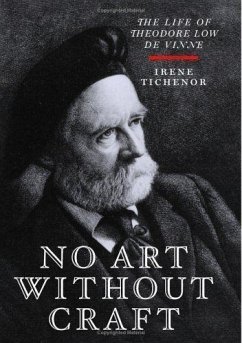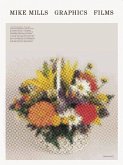The biography of Theodore Low De Vinne (1828¿1914): illustrious printer and scholar of typography. Theodore Low De Vinne was a seminal figure in the history of American printing. De Vinne was born in upstate New York, the son of an itinerant Methodist preacher. It is unclear what propelled him into the world of printing, but once he discovered it, he never let it go. He was, for years, the primary and preferred printer for the Century Company, printing its distinguished list of books and such national magazines as St. Nicholas and The Century. His masterly printing of wood engravings, together with his obsession with presswork, tight composition, and typefaces, gained him and his firm an international reputation. But it is De Vinne¿s skill as a historian as well as a printer that endears his name to the student of typography. His four volumes on the practice of typography are considered classics. In an age when few American scholars were examining early printed books, he made significant scholarly contributions to the study of incunables. His books on title pages and early Italian printing can still be read with profit. His working library was immense, and when the Grolier Club was founded in 1884, it was not surprising that, as New York¿s most illustrious printer, he was asked to be one of the founding members and to provide much of the Club¿s early printing. Unlike those who followed him, his strength was not in design but in production and organization. He thought endlessly about how printers should be fairly paid and how shops could be efficiently arranged. He fought a long and losing war with unionization, yet was beloved by his men and lionized by the printing trade. Although the firm foundered after De Vinne¿s retirement, it is impossible to conceive of the printing revival that followed him without taking into account his daunting accomplishments.
Hinweis: Dieser Artikel kann nur an eine deutsche Lieferadresse ausgeliefert werden.
Hinweis: Dieser Artikel kann nur an eine deutsche Lieferadresse ausgeliefert werden.








